
In January 1192, Richard the Lionheart - aka Richard I of England advanced with his men towards Jerusalem, the holy city taken by Saladin, the founder of the Ayyubid dynasty, nearly five years earlier. Richard was by now the de facto leader of the Third Crusade, during which he had already enjoyed significant success, taking the strategically important cities of Acre and Jaffa the previous year.
He and his forces reached the village of Bayt Nuba, just a dozen miles from Jerusalem's city walls. With Muslim morale low, re-establishing Christian control could have been within his grasp, but instead Richard retreated to spend the rest of the winter on the coast at the port of Ascalon. In the short term, he was cautious about both the poor weather conditions and the strength of his men, while also being in two minds about his long-term ability to hold on to Jerusalem. Instead, Richard opted for a settlement. The Treaty of Jaffa was signed with Saladin the following autumn, keeping the city under Muslim control but allowing access for Christian traders and pilgrims.
A TAXING SITUATION
Had Richard chosen to recapture Jerusalem, he would surely have faced a renewed campaign from Saladin to recapture it for himself, as Rebecca Rist, professor of medieval history at the University of Reading, observes. "Losing the holy city of Jerusalem to the crusaders would have undoubtedly tarnished Saladin's renowned reputation in the Muslim world, but he still had great military might, despite the significant losses at Acre and Jaffa, whereas much of Richard's army had dissipated and gone back to Acre by October 1191.
This story is from the {{IssueName}} edition of {{MagazineName}}.
Start your 7-day Magzter GOLD free trial to access thousands of curated premium stories, and 9,000+ magazines and newspapers.
Already a subscriber ? Sign In
This story is from the {{IssueName}} edition of {{MagazineName}}.
Start your 7-day Magzter GOLD free trial to access thousands of curated premium stories, and 9,000+ magazines and newspapers.
Already a subscriber? Sign In
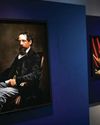
'Dickens's evocation of the fears, excitement and confusion of childhood is peerless'
DR LEE JACKSON ON WHY CHARLES DICKENS REMAINS RELEVANT TODAY
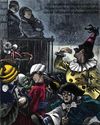
THE AUTHOR GOES ABROAD
Dickens expanded his horizons and boosted his fan-base by venturing overseas - but global fame came with a cost
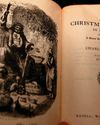
REVIVING THE FESTIVE SPIRIT
A Christmas Carol wasn't just a bestseller - it changed the way that Britons chose to mark the festive season
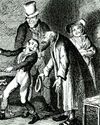
GIVING THE POOR A VOICE
From Hard Times to Oliver Twist, Charles Dickens used his pen to help illuminate the lives of the less fortunate
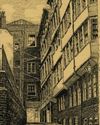
A JOURNEY THROUGH DICKENS'S LONDON
The works of Charles Dickens are synonymous with visions of Victorian London. We talk to Dr Lee Jackson about the author's love of the capital, and the locations that most inspired him
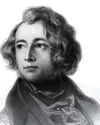
EXCEEDING EXPECTATIONS
Dr Lee Jackson chronicles Charles Dickens's journey from down-at-luck teenager to titan of Victorian literature
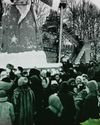
GIFTS, TREES & FEASTING
We take a journey through the photo archives to reveal how Christmas and its many traditions have been celebrated over the years - and around the world
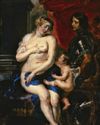
WHAT GREAT PAINTINGS SAY
We explore the story behind an allegorical painting that celebrates the triumph of love over hate, peace over war
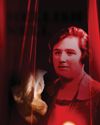
HELLISH NELL
Malcolm Gaskill delves into the life of Helen Duncan - the fraudulent Scottish medium whose ectoplasm-filled seances saw her ending up on the wrong side of the law
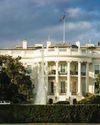
7 THINGS YOU (PROBABLY) DIDN'T KNOW ABOUT THE WHITE HOUSE
Presidential historian Dr Lindsay M Chervinsky reveals some of the most surprising facts about the world-famous US residence